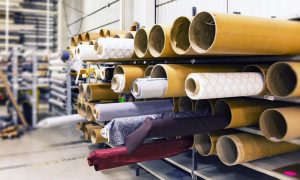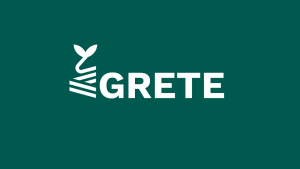The Nordic Textile Collaboration is a project initiated by Danish, Finnish, Norwegian and Swedish authorities and funded by the Nordic Council of Ministers.
On February 1st 2023 the joint undertaking published their most recent report, mapping existing initiatives in the Nordic countries supporting the transition towards a sustainable and circular textile economy. “Mapping Sustainable Textile Initiatives in the Nordic Countries” is a six chapter-long document addressing the significant environmental impacts associated with the production and consumption of textiles.
The report is organised in the following way: Chapter 1 describes the current challenges facing the fashion and textile industry. Chapter 2 explains methods used for the mapping, including data collection and analysis. Chapter 3 provides an overview of existing legislation on textiles and textile waste in Denmark, Finland, Norway and Sweden, as well as a brief presentation of expected regulation and initiatives from the EU affecting the Nordic textile economy. Chapter 4 presents findings from the mapping of sustainable textile initiatives in the Nordic countries. The chapter is divided into five sections: 1) Materials and design, 2) Production methods, 3) Consumption and circular business models, 4) Collection, sorting and recycling, and 5) Governance and capacity building. Chapter 5 introduces how we ensured stakeholder involvement throughout the mapping process. Chapter 6 summarises findings from the mapping and concludes by discussing relevant next steps for The Nordic Textile Collaboration.
We’re glad to let you know that GRETE is listed in chapter 4.1 as one of the Nordic collaborative projects on sustainable fashion and textiles that innovate the industry in a more circular direction.
The study identifies several strategies to address the environmental impact related to the production of materials for the textile industry: “Using locally available materials” is where GRETE fits in perfectly utilising locally available resources to produce more sustainable materials for European textile manufacturing. GRETE makes wood-pulp a potential resource for fibre production, creating economic growth, business opportunities and green jobs across Europe.
Interested in this study? The document is available here, while on March 8th 2023, 11.30 – 12.30, The Nordic Textile Collaboration hosts a webinar presenting the report and selected initiatives to be the focus of the collaboration in 2023 and 2024.
To ensure the impact of the collaboration, The Nordic Textile Collaboration seeks to work with actors who are active in the Nordic fashion and textile sector. The webinar marks the beginning of recruiting companies and organisations to partake in the two initiatives.
Sign up here no later than March 6th, to join the webinar and find out how to participate in the green transition of the Nordic fashion and textile sector.




